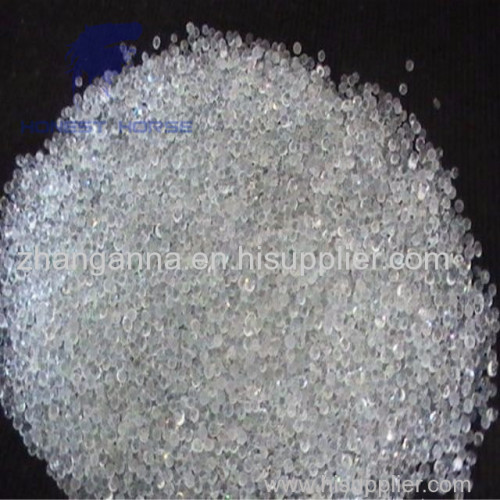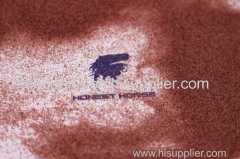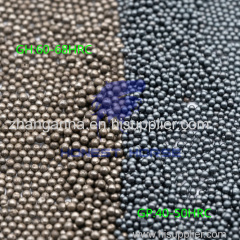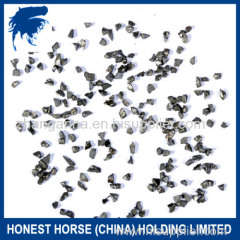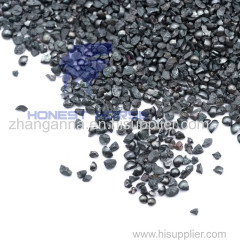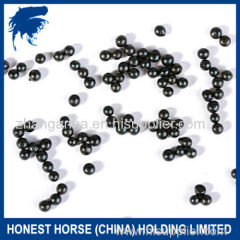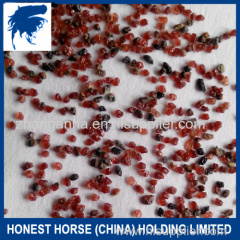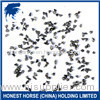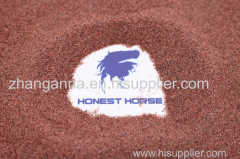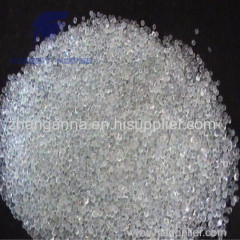|
Honest Horse China Holding Limited
|
Colorless glass beads for blasting and road marking paint
| Price: | 300.0 USD |
| Payment Terms: | T/T,L/C |
| Place of Origin: | Hebei, China (Mainland) |
|
|
|
| Add to My Favorites | |
| HiSupplier Escrow |
Product Detail
HONEST HORSE Companies use glass bead blasting, which is a type of abrasive blasting, for surface finishing
anna(at)honest-horse.com
008615628820220
The glass bead blasting process is environmentally-friendly and chemical-free
and can be used to detect weld and solder flaws. Advantages of using glass bead
blasting include:
• A large variety of grades available for different jobs and profiles.
• Does not interfere with coatings as it is no-reactant.
• It leaves no residue or embedded contaminants, and also does not cause any
dimensional surface change.
• Improved corrosion resistance and the ability to smooth away surface flaws.
• No detectable crystalline silica.
How it works
Glass bead blasting is essentially applying fine glass beads of various sizes at
varying degrees of pressure. Smaller glass spheres result in a smoother surface
while larger spheres produce a more textured finish.
Glass beads do not remove any of the base metal or imbed the surface. It will
produce a better, more uniform finish while also adding sheen or brightness to
the part.
It has a variety of applications, including:
• Finishing: Can be used on a wide range of materials, including metals, glass,
plastic and rubber.
• Cleaning: Without causing a dimensional surface change, glass bead blasting
removes/cleans foreign substances.
• Deburring: In order to assemble and operate parts, corners and edges may need
to be deburred. Glass bead blasting can remove burrs and feathered edges while
ensuring no base metal from the surface is removed.
• Peening: Peening extends the life of metal parts by combating stress cracks
and corrosion.
The Pro Blast Technology Way
The price of glass beading varies by project we urge you to discuss our media
blasting services.
We also offer spray foam installation, polyurea coating and commercial painting
services. Our trained staff can assist you with the correct solution to your
surface prep problems and provide a free project quote!
Standard
Chinese Standard: GB / T 24722 - 2009 No.1, 2, 3;
Korea Standard: KSL 2521 No.1 and 2;
British Standard : BS6088 Class A and B;
American Standard: AASHTO M247 type 1 and type 2;
European standard : EN1423 and EN1424;
Turkish Standard: TS EN1423;
New Zealand Standard: NZS2009: 2002;
Taiwan Standard : CNS;
Japanese standard : JIS R3301;
Australian Standard Australian Standard : A, B, C, D.

